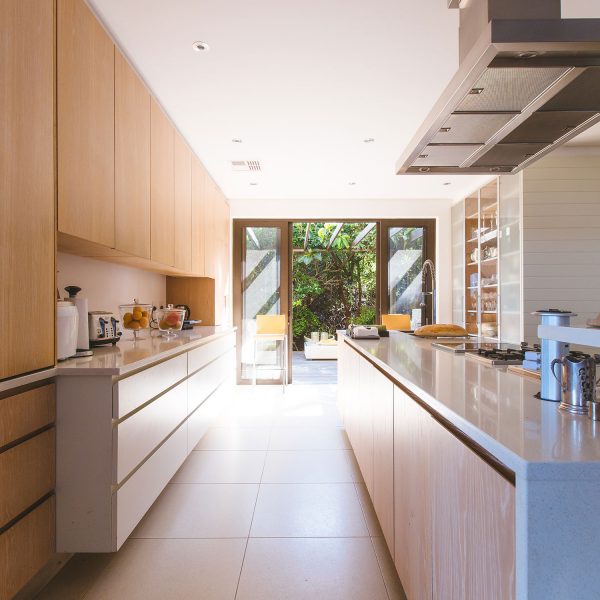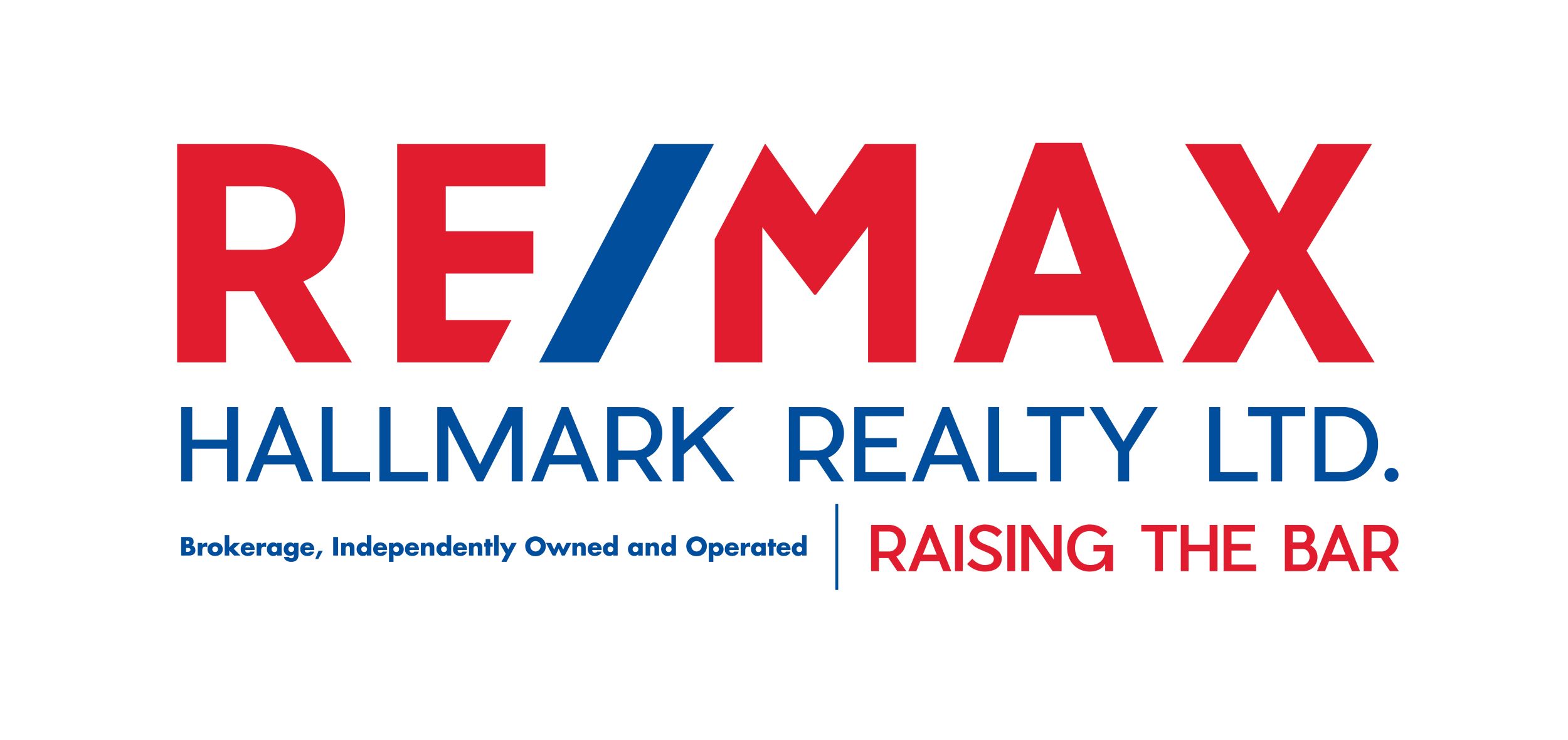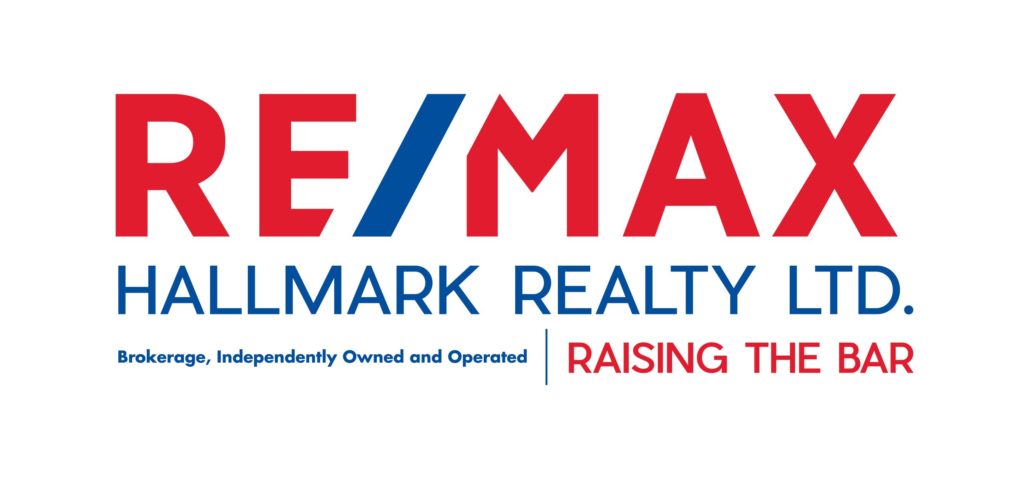First Time Buyers: Beyond the Standard Closing Costs
do the math before taking the leap
I’ve talked before about the standard closing costs when buying or selling a home in Ontario, including legal fees, land transfer tax and so on. If you’re a first time buyer, however, there are other expenses that you should at least factor into the math, before you sign on the dotted line of a sale contract.
before the move
Consider the cost of the move itself. If you’re moving from a small apartment into your first home or condo, you might not have a huge amount of stuff, but unless you’re moving it all yourself with a rental van, there will be a cost to hire movers. This expense is calculated based on how much stuff you’re moving and how far it has to go. A small apartment move within a short distance could cost as little as $800 with two movers and their truck. A larger / longer drive will go up from there.
after the move
Repairs / replacements and upgrading — based on your home inspection, you might have some repairs / replacements that need doing right away. Review the report carefully and prioritize! While you might have factored these into your final negotiation, these expenses will still have to be paid. Like what? Perhaps some of the appliances, like the furnace, A/C or stove and fridge need to be replaced due to age. Or the roof might need re-shingling in whole or in part. Then there are more cosmetic considerations: will you want to pull up all the carpet and redo the flooring? Or paint the entire space? Factor these costs in to your budget.
TIP: One expense that is well worth it is to have a locksmith rekey your door locks. You don’t know how many spares are out there, so better safe than sorry! That will be about $150-$300.
items linked to home ownership
You might need things you never needed before, and four trips to the big box home repair store later, you’ll see that they can add up! Like what?
- Shovels, rakes, a ladder, other tools.
- Power items like a snowblower, lawn mower, hedge trimmer and more.
- Furniture in general: while there’s no rule that says you have to fully furnish a house day one, if you’re moving from a smaller space, you likely won’t have the lighting, seating, shelving and other pieces needed for a larger space.
Home insurance — while you might have always had coverage for your stuff while you lived in a rental (content insurance), you wouldn’t have needed to cover the cost of the insurance for the building. As a homeowner, you have to cover not only your contents but the building itself—based on the cost to replace it if it burned to the ground, for example—as well as liability insurance to be sure that you’re covered if someone gets hurt while on your property. The average in Ontario is around $1250 / year, but again, it will depend on the size of your property, any additional buildings, and the value of your content. Your bank will require this before they finalize a mortgage so get your quotes early!
Set up fees — every hook up for utilities, services like television and phone, will come with a set of fees. This varies widely depending on the service and the company you use. Some services, such as with water / sewage or heat aren’t a matter of choice in terms of the company, but others, like internet, television and phone, offer choices. That said, they almost all have fees. Count on $100+ for each service.
Property taxes — if you don’t have a mortgage insured with CMHC—which requires that your property taxes be paid monthly along with your mortgage—you will get a bill every year, broken down into 2 or 3 payments (depending on your municipality), for your annual property taxes. The amount billed is based on the assessed value of your home and the current rate for the area. The average bill in Toronto is around $3,000 / year.
Utilities — you probably paid for your own utilities in your rental but what first time buyers tend to forget is that a house is much larger: more heat and electricity needed. You can count on doubling or even tripling what you paid for utilities in your apartment.
ongoing home maintenance expenses
If something breaks down in your rental, you aren’t responsible for the cost of repairing it, including infrastructure and appliances. When you own your own home, it’s all on you, so you should be ready and budget-wise!
Of course, this number will vary a lot based on the age of your home: a brand new build will likely have fewer maintenance expenses, at least in the first few years, than a century home that hasn’t been updated in a while. Some experts will say that you should put aside about 2-4% of your home’s value for annual maintenance. While you won’t necessarily spend that amount every year—one year you could have $1000 of small repairs and the next $8500 because of a roof or furnace replacement—these percentages represent a reasonable average.
So that all adds up to a lot of cash, compared to your rental. But here’s the catch: owning your own home, where you build equity and value versus just sending paying the landlord, is still valuable. Your very own space, that you can decorate or alter as you see fit. Real estate is a very solid investment that you can make for the long term. Do the math, buy a home you can afford, and you’ll be on your way!



